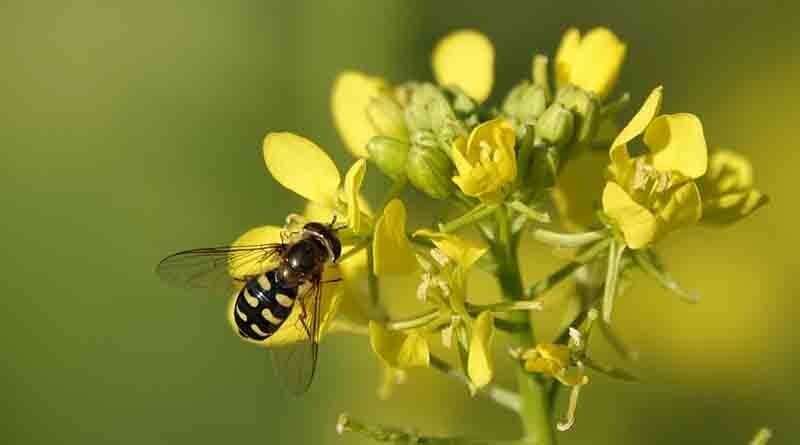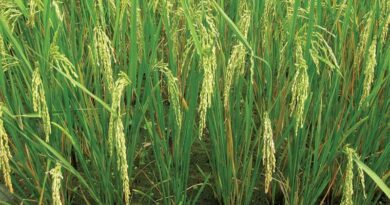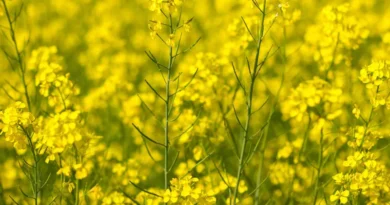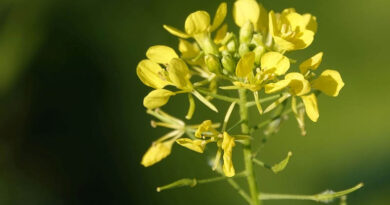Panic over environmental release of GM Mustard in India
31 October 2022, New Delhi: The Ministry of Environment, Forest and Climate Change (MoEF&CC) has approved the environmental release of GM Mustard in India post recommendation from Genetic Engineering Appraisal Committee (GEAC). The GM Mustard variety DMH-11 has been developed by Centre of Genetic Manipulation of Crop Plants (CGMCP) under Delhi University lead by Mr. Deepak Pental.
With the environmental release, Genetic Engineering Appraisal Committee (GEAC) has recommended CGMCP to develop new parental lines and to undertake seed production & testing. GEAC has also recommended to conduct field demonstration studies across various agro-climatic zones in India with respect to the effect of GE Mustard on honey bees and other pollinators within two year. All this will be done under supervision and existing guidelines of ICAR.
The variety DMH-11 promises a yield advantage of 28% more than current average of 1.0-1.3 tonnes/hectare. The trials have shown per hectare yield of 2.7 tonnes.
Panic over environmental release of GM Mustard in India
Mr. Ashwani Mahajan, national conveyor of Swadeshi Jagaran Manch has written to Mr. Bhupender Yadav, Union Minister for Environment, Forest and Climate Change to reconsider the approval of GM Mustard.
The letter mentioned, “The claim of GM Mustard being Swadeshi and has been developed in India is incorrect as the two genes used for making GM Mustard variety, ‘barnase’ and ‘barstar’ are derived from a soil bacterium called Bacillus amyloliquefaciens. The bar-barstar-barnase gene is a patented technology of Bayer Crop Science. Bayer is not a swadeshi company,” said Mr. Mahajan.
The letter further mentioned that farmers will have to use herbicide glufosinate for which the crop is resistant and this use of herbicide will benefit the company. The crop may also be harmful to honeybees and other pollinators.
Mr. Mahajan mentioned that the Non-GMO tag has helped India in food exports to European nations where GMO is banned. With GM Mustard coming in, India would lose the Non-GMO tag and this will hamper of exports.
Cultivation of Mustard in India
Mustard is an important oilseed crop in India and is grown in 6-7 million hectares during rabi season. The key states with largest coverage are Rajasthan, Haryana, Punjab and Madhya Pradesh.
With the current consumption levels of edible oils, India has a deficit of 55-60% which is imported from various countries. In the year 2020-21, around 12.35 million tonnes of edible oils were imported at a cost of Rs 1,17,000 crores. With the added productivity level with GM Mustard, the government plans to reduce import dependence.
Also Read: Cargill to enter into joint venture to increase production capacity in Ecuador’s shrimp feed market
(For Latest Agriculture News & Updates, follow Krishak Jagat on Google News)















